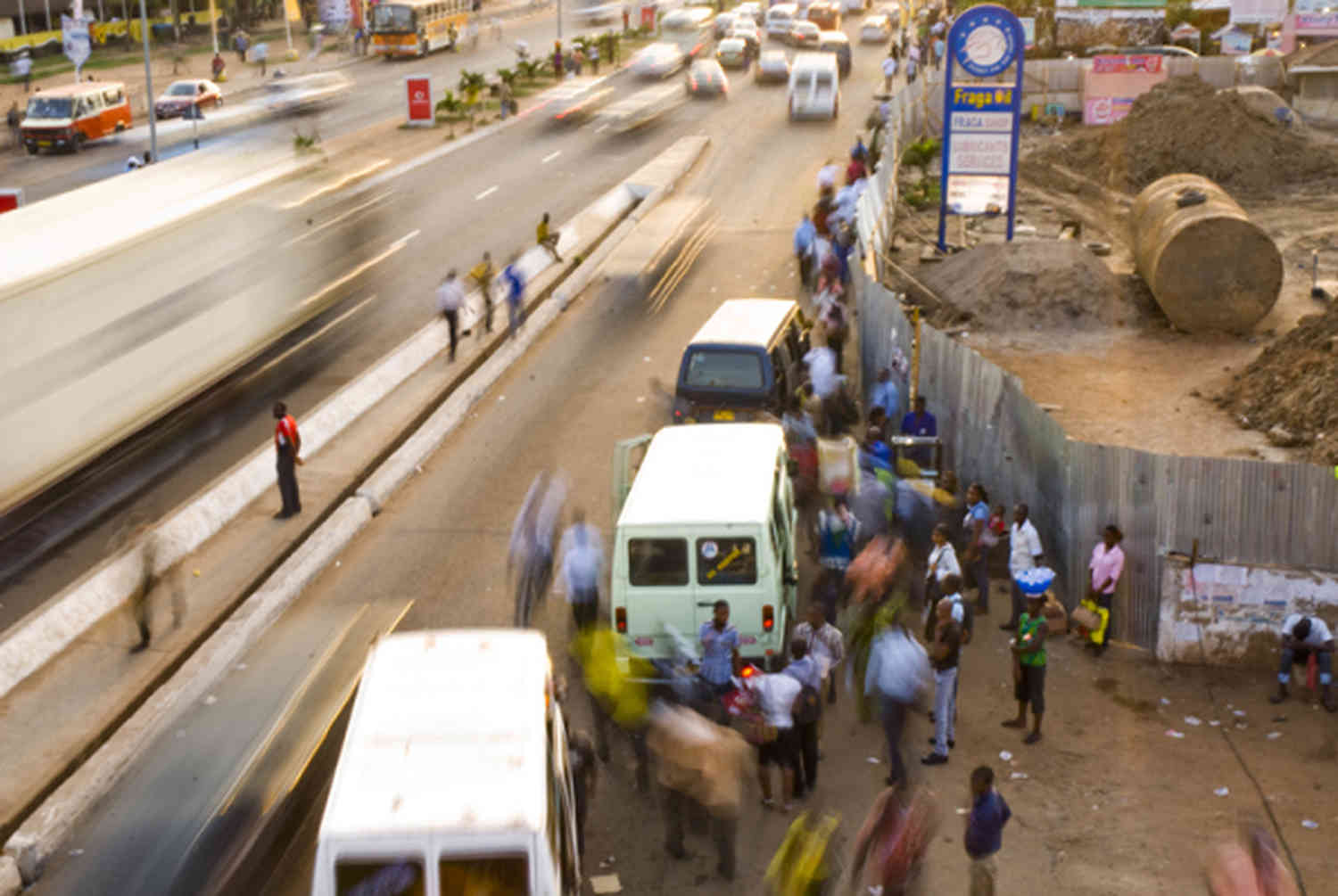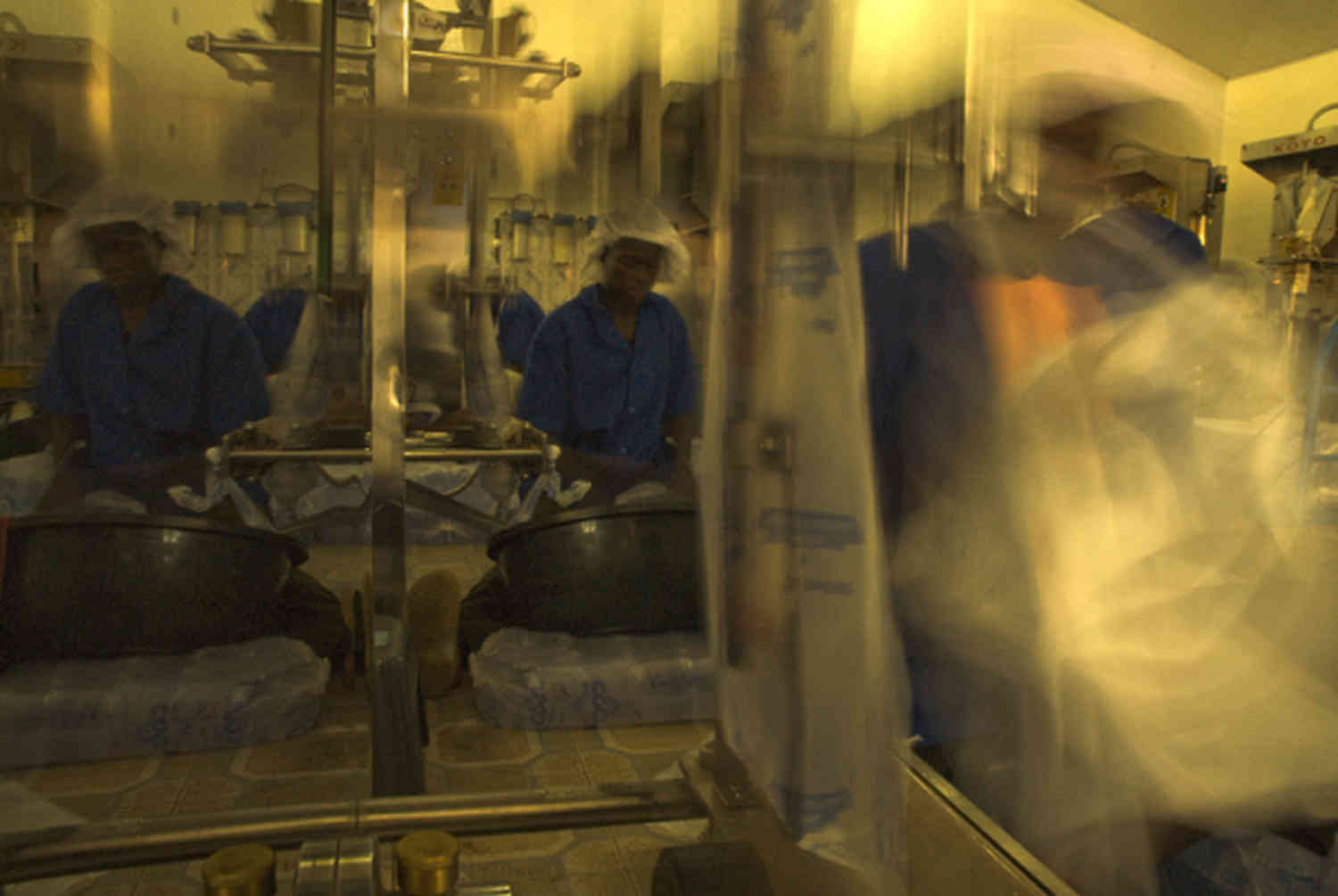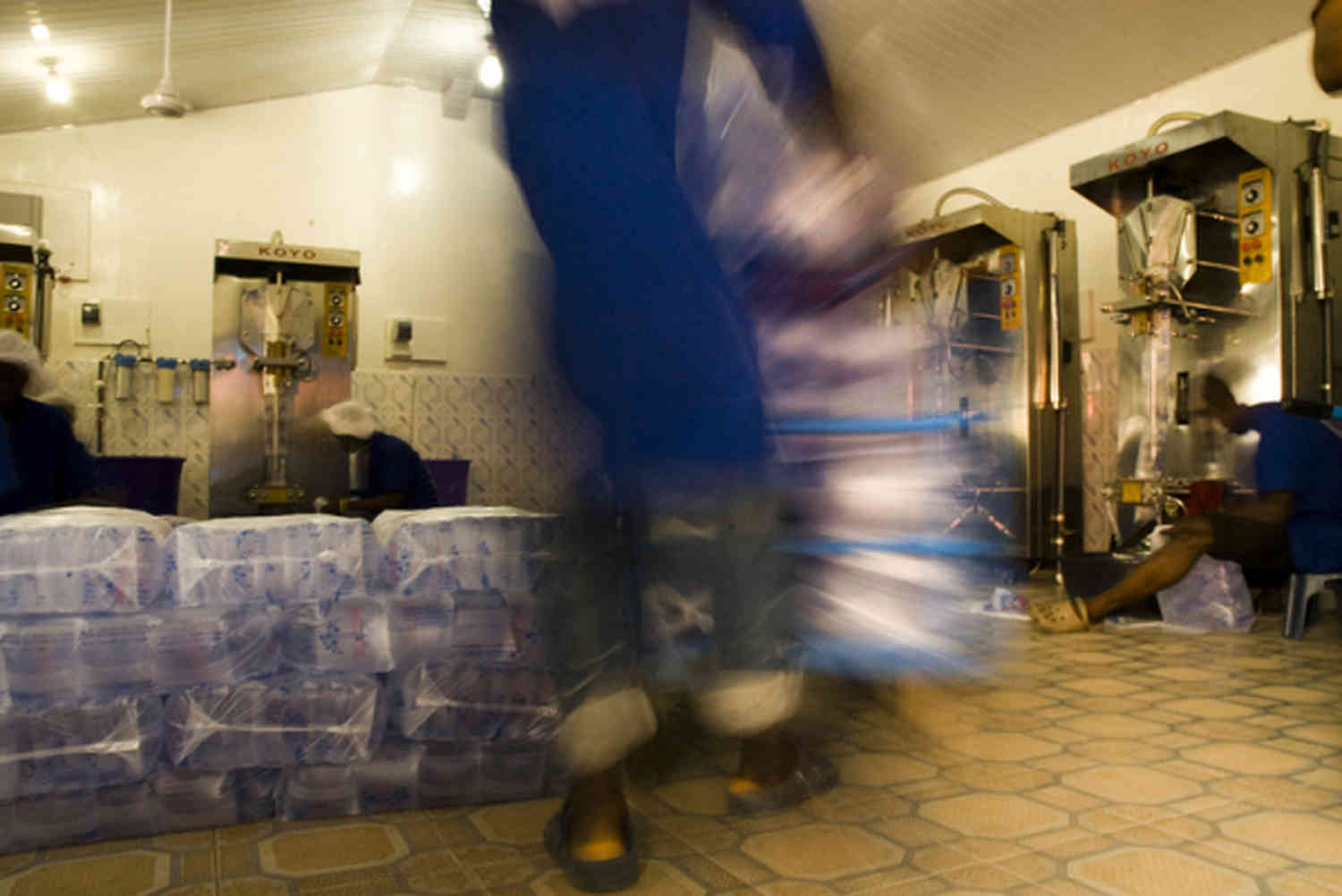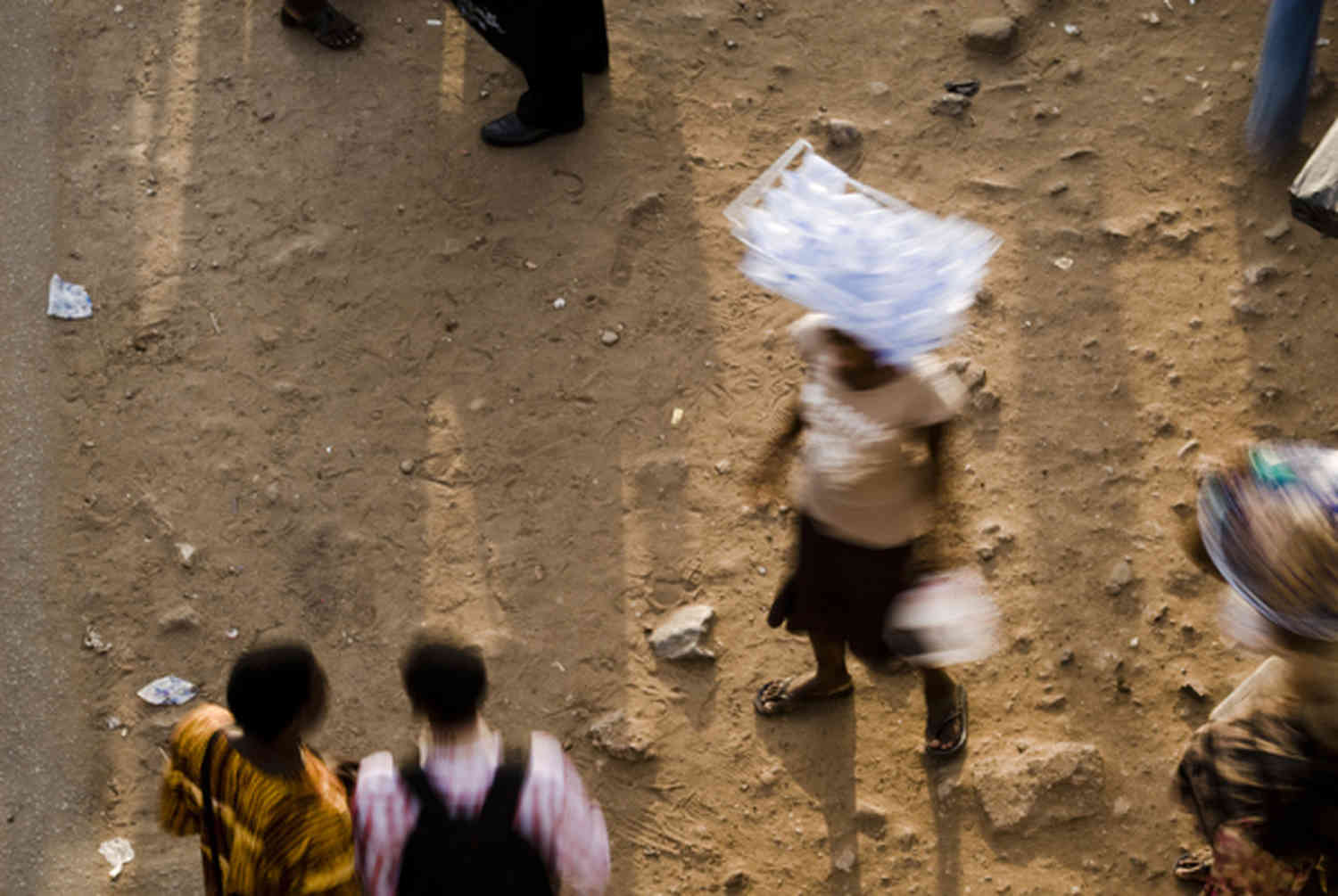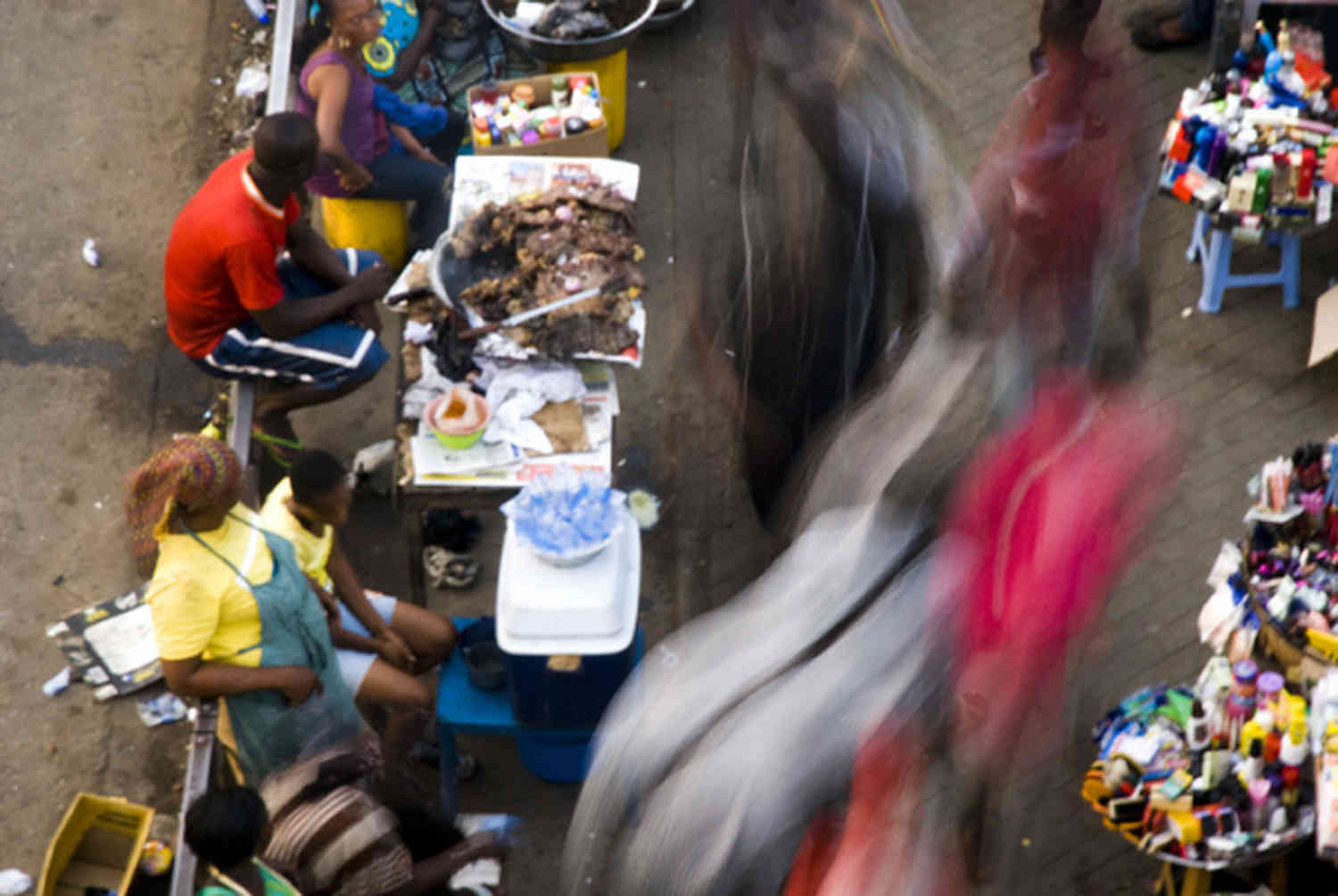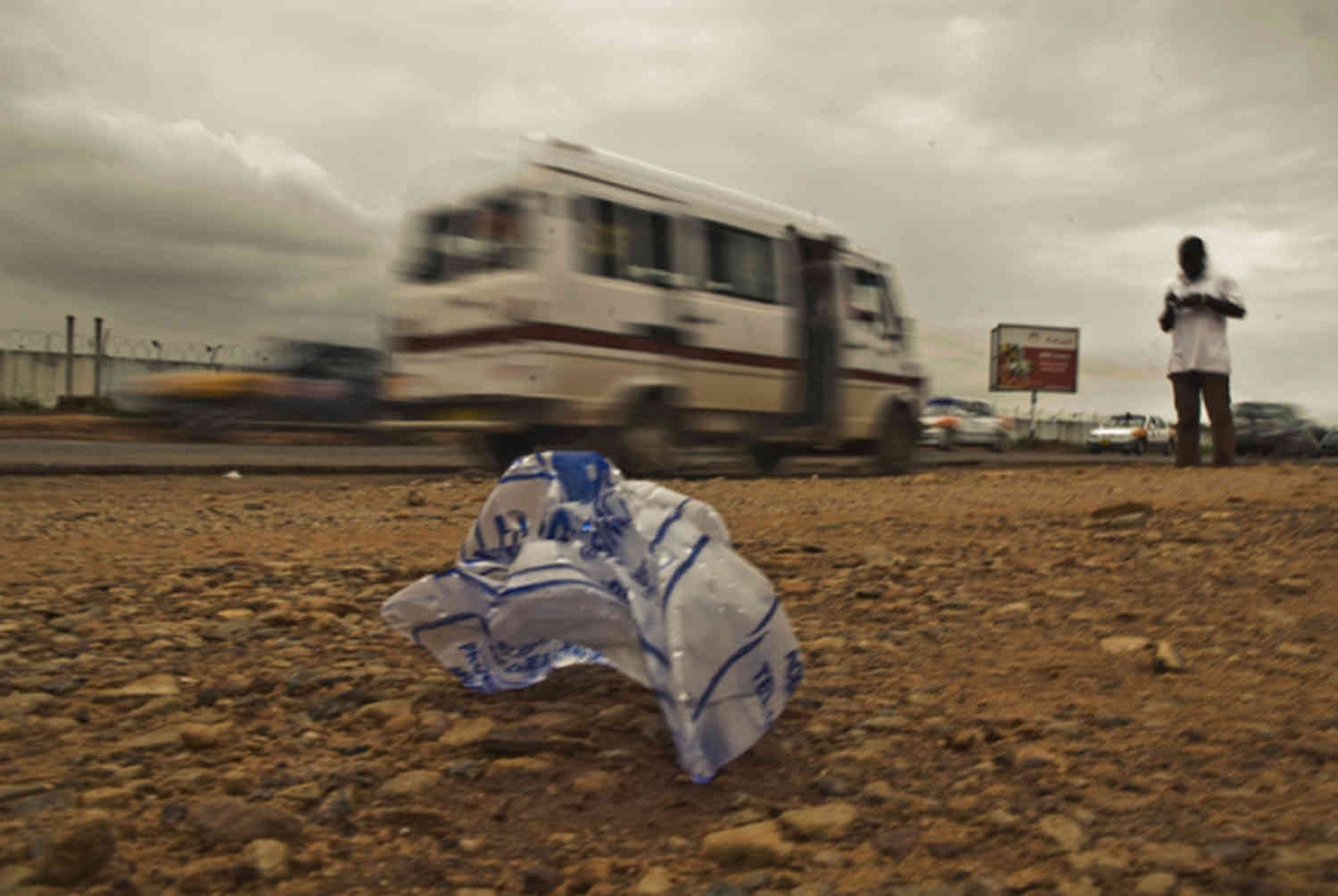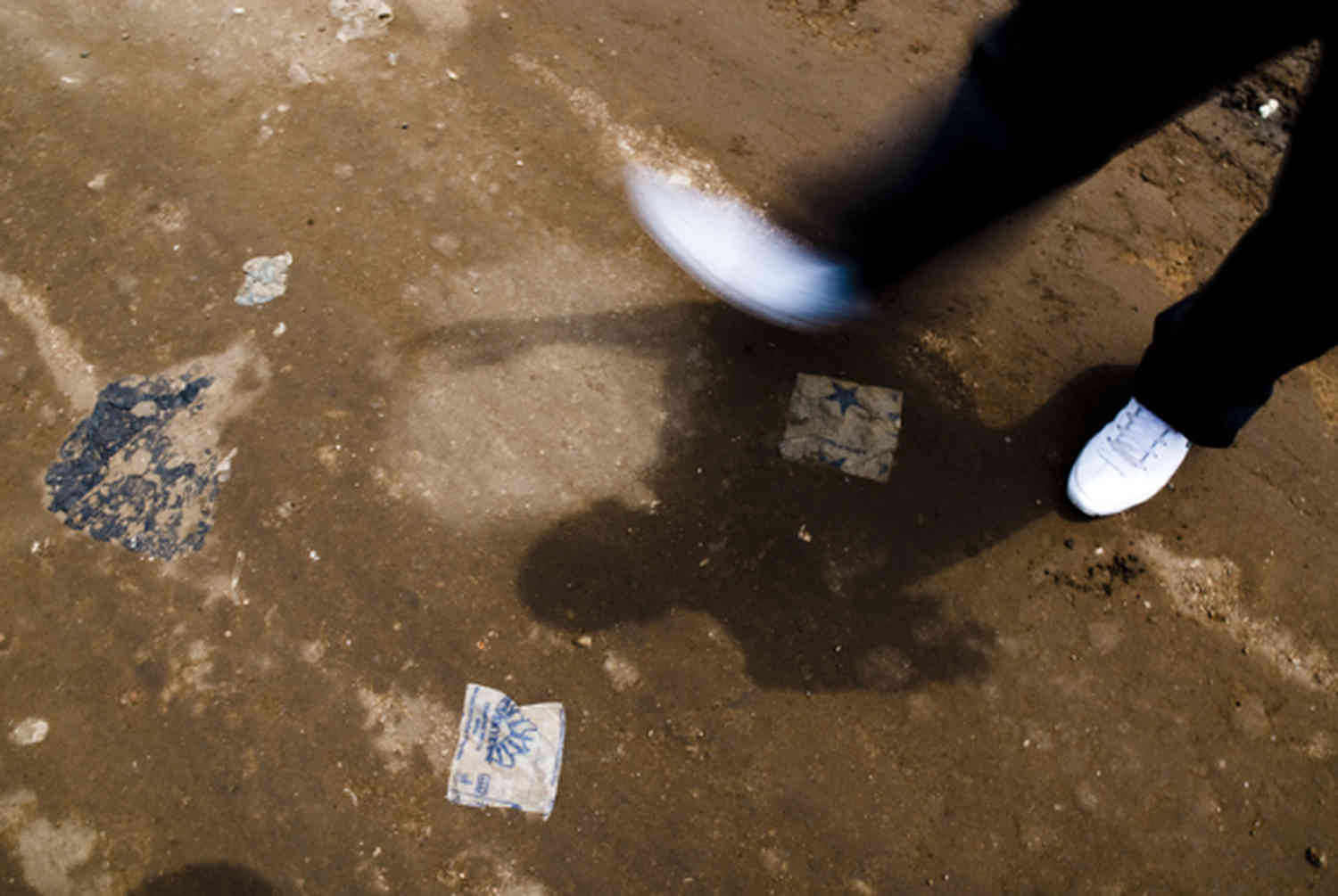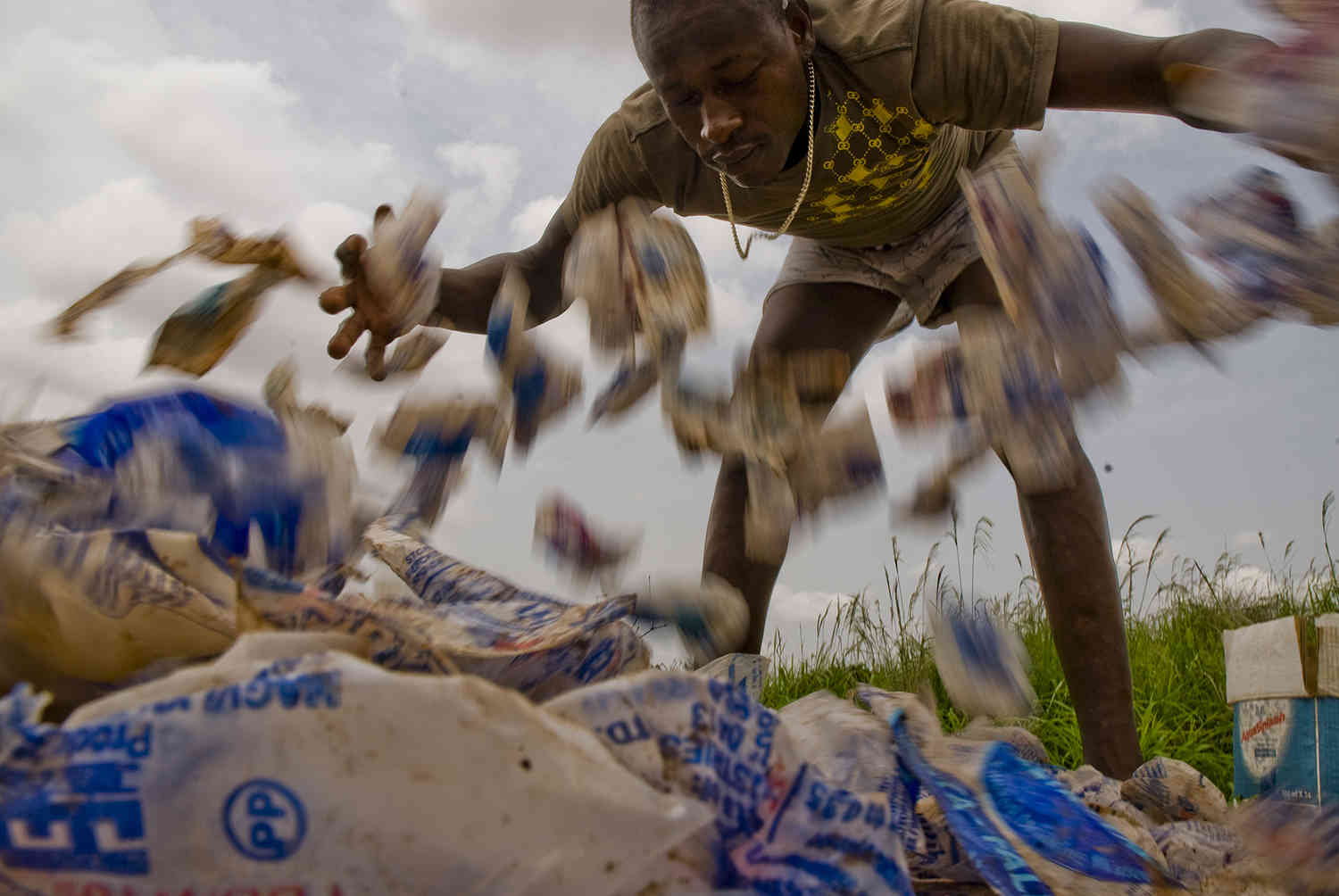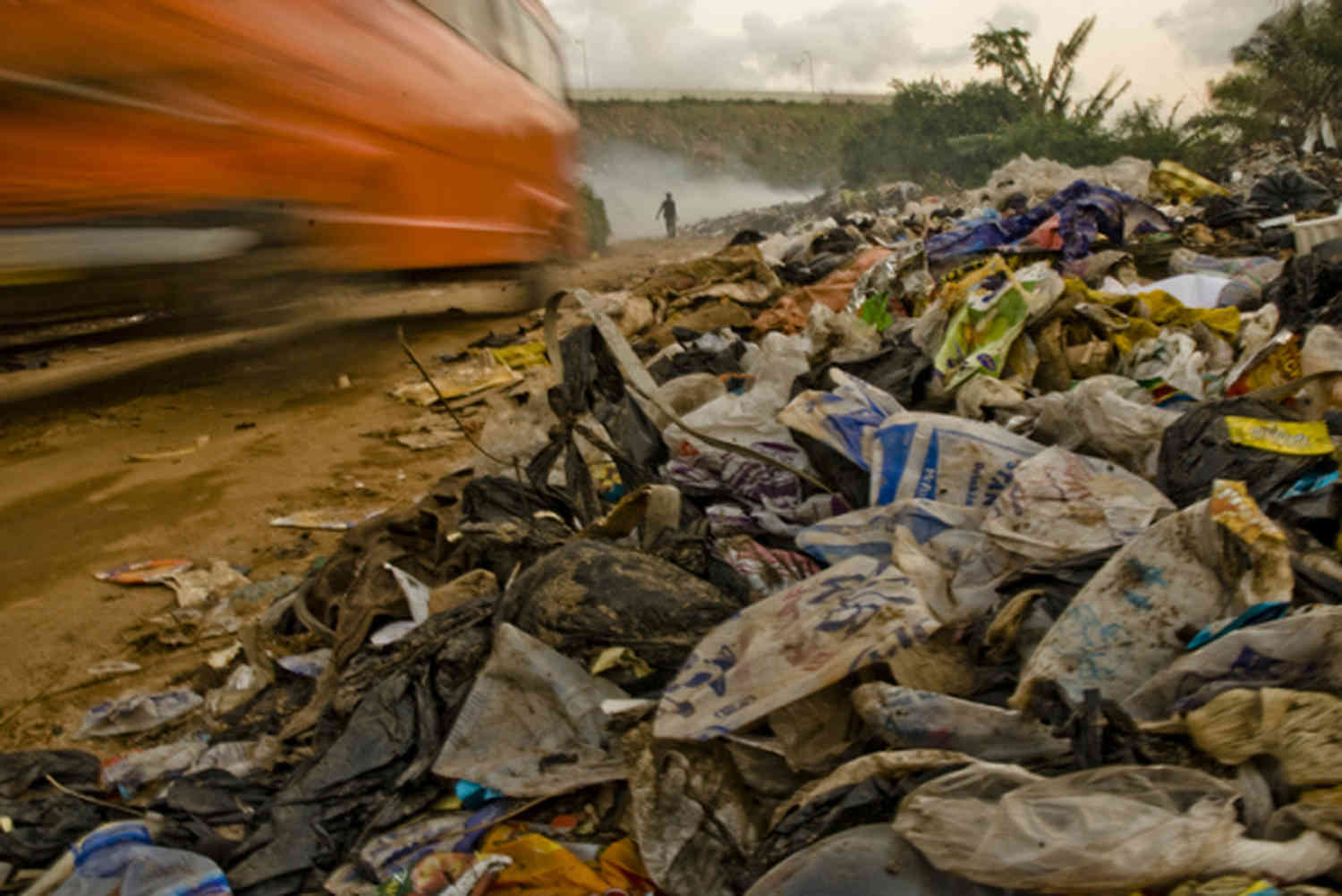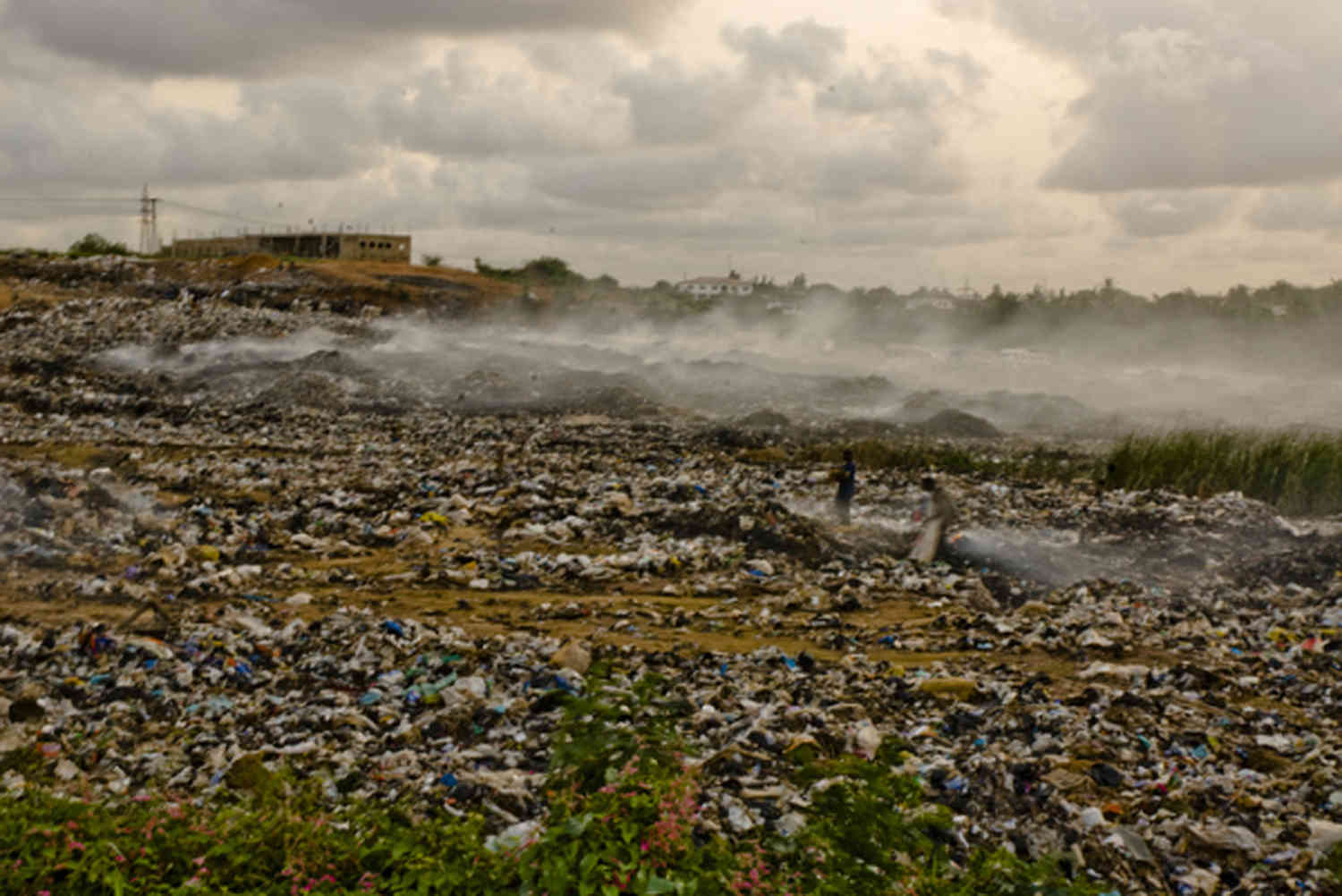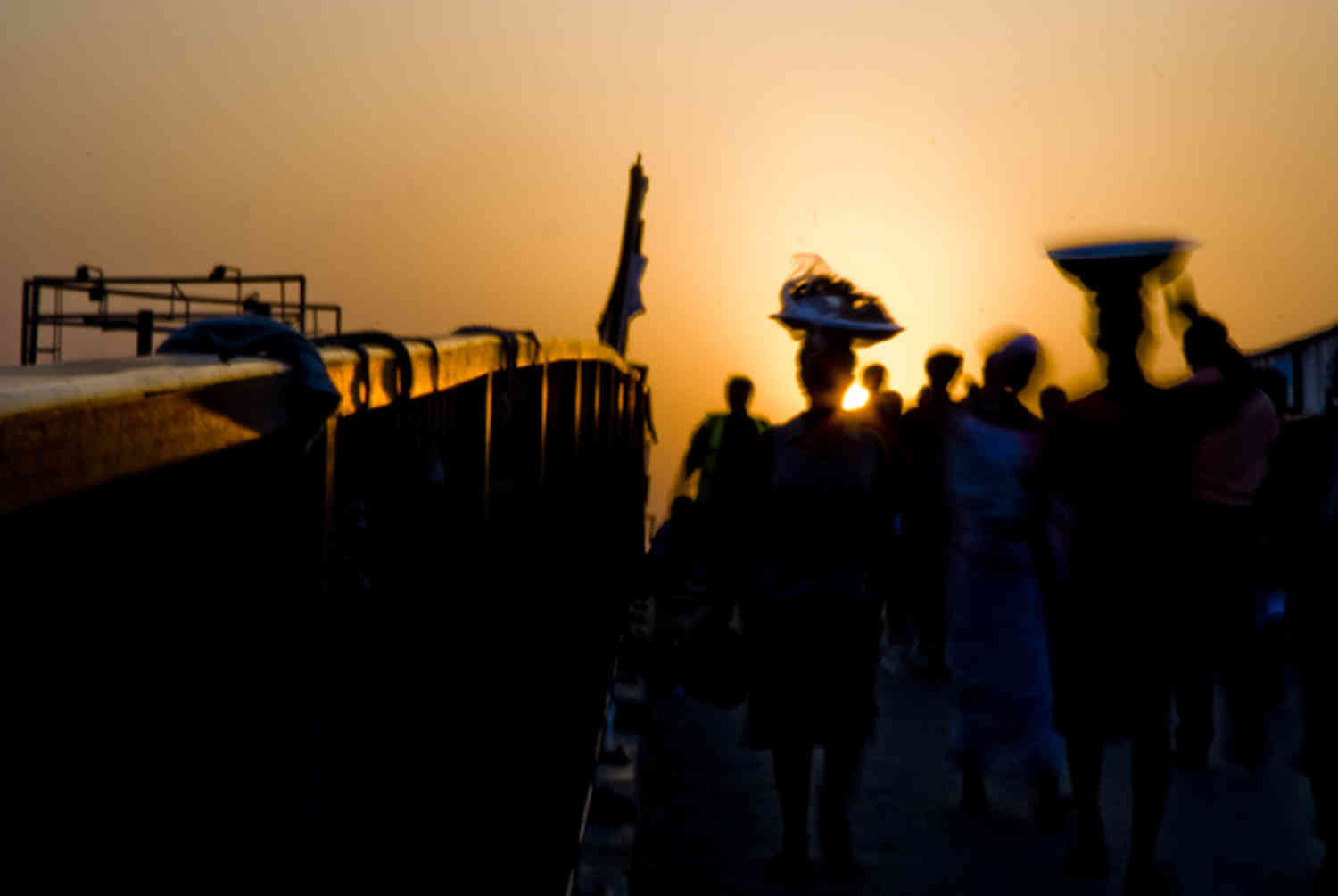Pure Wata - a Photo Series by Kwabena Danso
Our photographer and film maker Kwabena Danso created this photo essay following the journey of "Pure Wata"(drinking water sachets that are very common in Ghana) in manufacturing, transportation, consumption, discard and finally as a recycled product.If you are interested in learning more about the background, please read on.
"My chosen theme of “Pure Wata” tackles issues stemming from one of mankind’s basic needs; water. It is this demand that drives individuals to formulate methodology which can meet the supply of available potable water.
That water has gone from being a free public good, part of the global commons, to being a thing that needs to be paid for and can be owned. This has resulted in many changes in what potable water stands for in our society. “Pure Water” has become a multimillion dollar industry that has partly replaced the generous social practice of offering each other water when visiting homes.
Through economic liberalism, and the quest for “development” cities like Accra have seen the marketing and sale of potable water transform the interaction between water and the community. “Pure wata” bears witness to the commodification of a public good.
The focus of the industry is on the production of water, and on making a profit, rather than on the whole picture which includes, the systemized production of waste with no consideration of how to properly dispose of it. “Pure wata” in many ways depicts how unbeatable plastic really is.
The production of water and waste, shows the fundamental problems within our liberal economic establishment. There is little or no regard, for people or the planet. The photographs depict how unsustainable this system really is. The initiatives to recycle or up-cycle plastic are inspiring and provide new arenas for income generation. However, what happens to the up-cycled or recycled plastic after it has ended its second life?
Over the last two decades Ghana has seen rapid social, economic and environmental change. Accra has become a city characterized by all forms of filth. The little sachets of water are sold everywhere. The water is mobile, and so is the waste.
My images, are about the end of the line for these little sachets. I have depicted, the journey of these little sachets, from production, sales and consumption to the waste and attempts at up-cycling the plastic debris. Rather than simply reusing the plastic in the same way, innovators and business people are finding new ways of adding value to the discarded plastic.
The photographs also depict the devastation of landscapes these sachets can cause if left unchecked. Can the speed at which the waste is produced, be matched by the speed at which innovators re-use the waste for new goods?
In summary, we are at a point in our lives where the planet can no longer take the harsh treatment we are meting out and our actions are wholly unfair to the millions of species we share it with,and if we are ever going to do something to make this planet a sustainable one our actions to make it so should start NOW!I hope you enjoy these photographs."
- Kwabena Danso
